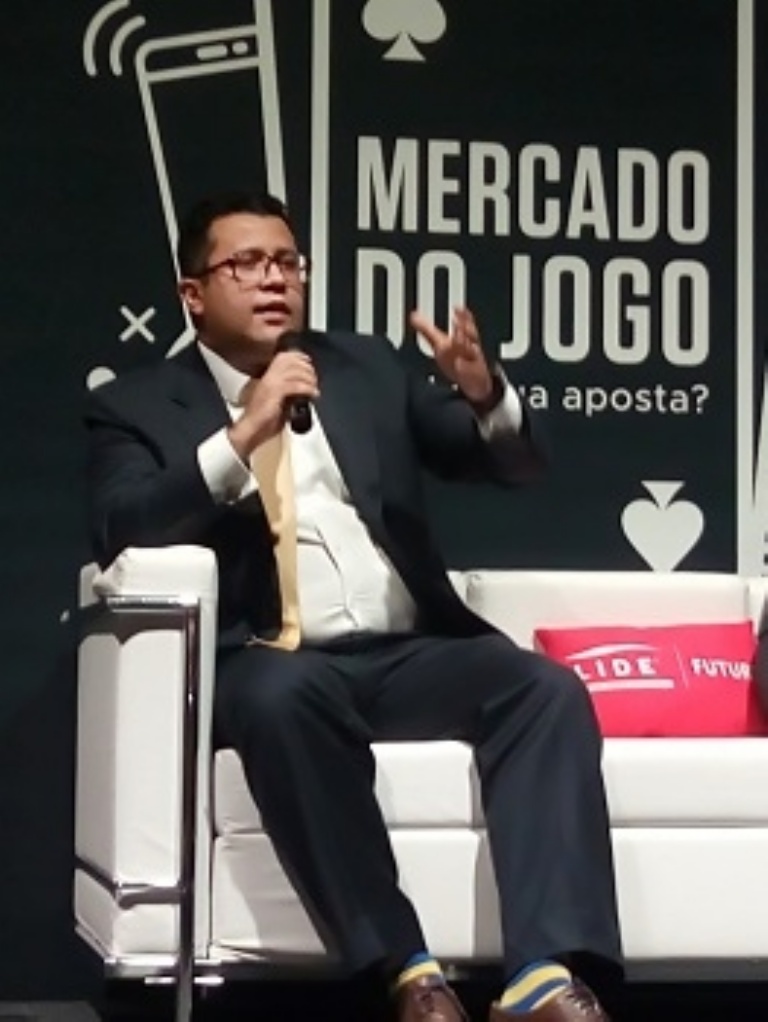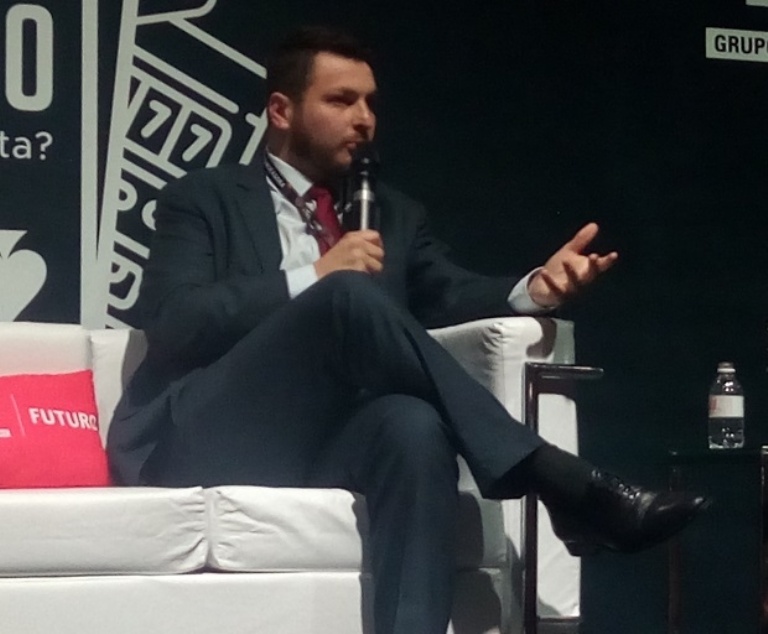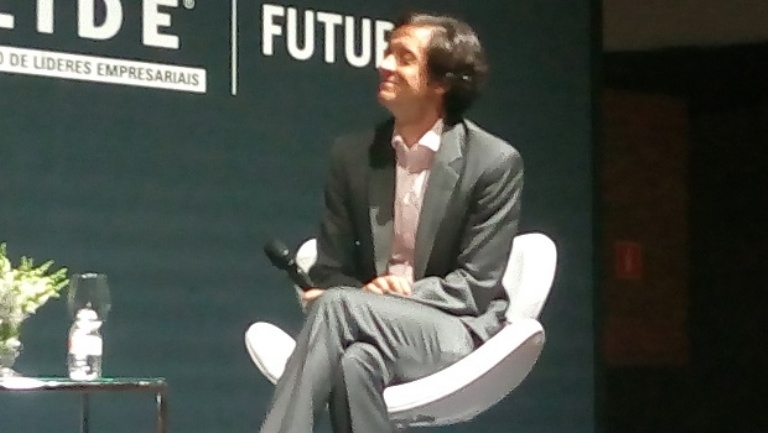

The “The Gaming Market - What is your bet” panel began with Magnho José, president of the Legal Gaming Institute, explaining how gambling was banned in Brazil in the 1940s and how work on new legislation has been developed over the years. According to him, there is a continuous evolution towards the legalization of the activity both within the national Congress and among the population.
“In 2007, we had a Senate Data poll that found that 60% of the population was against legalizing gaming and only 40% were favorable. Now, this year, we already have an inversion of values: 63% of society is in favor and 37% is against. Within the national congress, 52.8% of the deputies are in favor and 40.2% are against. We have now arrived at a very positive stage. Gaming has never been so close to being legalized in Brazil. We have two bills, one in the House (442), and one in the Senate, (186), that are ready to go to plenary, to be ruled and voted,” said the moderator.

Luiz Felipe Maia then explained the current situation of sports betting activity that is awaiting the end of the regulatory work that has been developed by the Ministry of Economy. According to the lawyer, despite the good work done by the ministry there are still points to be discussed and some changes in the law will be necessary, but the activity has already gained its place in the country.
“The sports betting market in Brazil is a reality. Today more than half of the teams in the Brazilian Championship are sponsored by betting companies. André (Gelfi) has the only legalized gambling company in Brazil today operating horse racing, and he can explain to you, even without being regulated, how much is sports betting present in Brazil right now,” he said.

Introduced by Luiz Felipe Maia, André Gelfi, a partner of the SUAPOSTA website, explained that today the market operates offshore, with companies that are headquartered outside Brazil. For him, the proximity of sports betting regulation is bringing companies that have invested in showing their brands so that in the future can operate in the Brazilian market.
“We are talking today about 13 teams and the Brazilian Championship being sponsored. The last information I had is that there are already 7 players in Brazilian football with investments being made based on a business with limitations. The market today ranges from US$ 160 to US$ 200 million. Of this revenue, about 60% are casino games, poker, bingo and 40% are sports betting, 90% of them in football. This in the offshore market,” explained Gelfi.
In the midst of the discussion about sports betting, the executive director of IGaming 360 marketing agency spoke about the difficulties of publicizing the betting brands as many types of actions are not yet allowed due to lack of regulation, and that with that issue solved it is expected that many things disappear like .net or .tv sites and performance campaigns can also be activated.
“As we are able to perform this market in operational terms will become very easy to measure. I will be able to invest a certain amount and know how much return can have. Today, we invest 25 million in a channel like ESPN and it's hard to say how much will pay back, it's impossible to measure. This is something that before regulation will not change. We hope it will change because it will cause a very large market opening because traders will be able to invest and know how much they will gain,” concluded Pequeno.

Changing subject, Magnho spoke of the gray areas of Brazilian law that currently allow loopholes for some activities to develop as has happened with philanthropic bingo that has emerged in major cities like Sao Paulo. He also stated that he does not expect to create a Brazilian Las Vegas with gaming legalization and the implementation of casinos, because what is planned in the projects does not allow the creation of a gaming zone in that way. The president of the Legal Gambling Institute also stated that the lack of regulation means that the country does not protect the player who becomes an easy target for illegal games.
André Gelfi spoke about the moment of turf in Brazil stating that despite being one of the most traditional games, with the advent of the internet it has become less attractive, but that there are ways to rebuild the sport with options like the racinos, which is used in the United States. “Brazilian racetracks are very well located and are great options. Use their space to explore other verticals; because the Jockey Club is still a bookmaker,” he said.

In the final part of the debate, Luiz Felipe Maia stressed that it is important that population better know and understand what the gaming industry is, how it can benefit the country and promote healthy entertainment. “The way the average Brazilian knows the activity is through film, fiction, or the police column because it is banned in Brazil. So we have to undo prejudice and understand that it is a fair entertainment industry because nobody makes anyone play,” he concluded.
Closing the debate, Magnho was optimistic about the future of the activity and said that legalization news should come in 2020, projected a scenario of economic growth and said that gaming can generate about 600,000 jobs and more opportunities for different areas, as it encompasses the entire production sector.
Source: Exclusive GMB